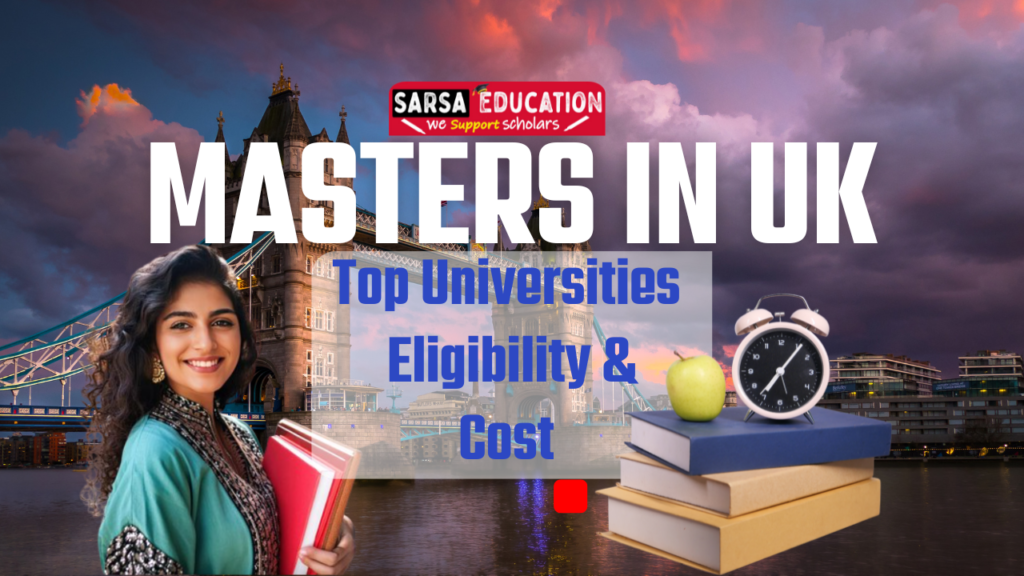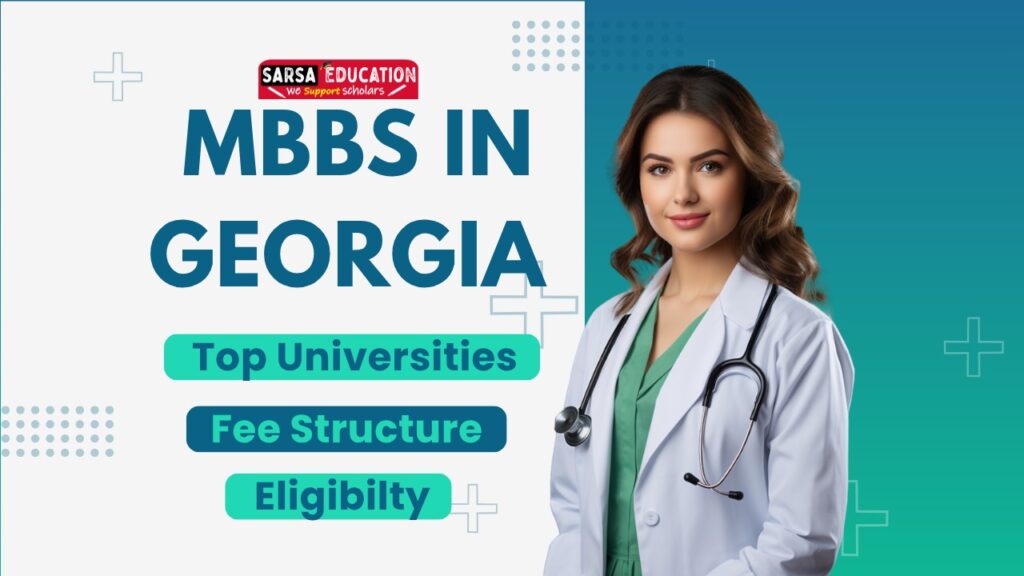An Online MBA (Master of Business Administration) is a full graduate business degree delivered primarily through virtual platforms. Here’s a concise overview of what it is and why it’s become a mainstream option:
Contents
What are Online MBA Programs?
A postgraduate program taught entirely (or mostly) online, designed for working professionals to earn a recognized MBA degree while continuing their jobs Equivalent in curriculum and accreditation to traditional MBAs, often without requiring relocation or full-time attendance on campus
Key Benefits of an Online MBA Programs
The Benefits of Online MBA Programs are:
- Flexibility and Convenience
Online MBA programs allow you to study at your own pace and schedule, making it easier to balance work, family, and education commitments. This flexibility is particularly beneficial for professionals who cannot commit to full-time, on-campus programs. - Cost-Effectiveness
Generally, online MBAs are more affordable than traditional programs. They eliminate costs associated with commuting, relocation, and campus facilities. Additionally, many programs offer financial aid, scholarships, or employer sponsorships. - Career Advancement Opportunities
Earning an MBA can lead to promotions, salary increases, and expanded job opportunities. Online programs enable you to apply new skills in real-time, demonstrating immediate value to your employer. - Access to Diverse Specializations
Online MBA programs often offer a wide range of specializations, such as finance, marketing, healthcare management, and more. This allows you to tailor your education to your career goals. - Global Networking Opportunities
Studying online connects you with peers, faculty, and professionals from around the world. This diverse network can provide valuable insights and open doors to international career opportunities. - Enhanced Technological Proficiency
Engaging with online learning platforms and digital tools enhances your technical skills, which are increasingly important in today’s business environment. - Higher earning potential
After getting a management degree increases earning potential of a individual. Through online MBA you can learn diverse job oriented skills which helps you to perform better thereby increasing earning potential. - Managerial and Leadership Skills
Online MBA enhances your managerial and leadership skills and helps you to perform better in your organisation. The art of managing employees in a systematic way with scientific thought is a soft skill every company demands apart from your technical skills. - As Credible as Offline Degree
A reputable online MBA can be just as credible as a traditional, on-campus MBA. Coursework, core subjects, and assessments closely mirror those of full-time MBAs - Work Life Balance
While doing an Online MBA it is easier for an individual to have a balance between work and his/her life.
Important link:
Benefits of Online MBA
MBBS Abroad with Scholarships
Study in Germany for free for Indian Students
Masters in UK Fully Funded
Get started with online MBA programmes with Sarsa
UGC-Approved & Deemed University with NAAC A Degree:Offers a credible degree recognized across India
Affordable Fees: ₹55,000 per semester (~₹220,000 total for 2 years)
Quality Education:
- Live, interactive sessions, case studies, workshops, simulations .
- Masterclasses led by industry leaders
Career Support:
- 6-month personalized career guidance via Right Management India
- 95% placement record in top MNCs over the past decade
Entrepreneurship Bootcamp:
- Self-paced entrepreneurial course + mentorship.
- Potential fast-track startup support from India Accelerato
Frequently Asked Questions
1.What exactly are online MBA Programs?
A fully digital version of the traditional MBA, offering the same core courses, curriculum, and accreditation but delivered via online platforms
2. How long does tOnline MBA Programs take?
Typically 12–24 months full-time, or 2–3 years part-time depending on pace and course load
3. How many credits are required for pursuing Online MBA Programs?
Most programs demand 30–54 credits, often around 36 credits (≈12 courses)
4. Can I work full-time while studying Online MBA Programs?
Yes—online MBAs are tailored for working professionals, usually requiring 15–30 hours/week .
5. Do I need prior work experience?
It varies—many require 2–5 years, though some accept fresh graduates.
6. Is the GMAT/GRE required for online MBA Programs?
Some programs require them; however, many waive this requirement or offer waivers
7. Is online MBA Programs recognized by employers?
Yes—especially if it’s from an accredited, reputable school, and recruiter bias is decreasing
8. Is tuition lower than on-campus MBAs?
Generally, yes. Online MBA Programs often cost less, with savings on relocation, housing, and commuting
9. Can I specialize in Online MBA Programs?
Absolutely—common specializations include finance, marketing, analytics, HR, etc.
10. Are classes synchronous or asynchronous?
Both options exist—asynchronous allows anytime access; synchronous includes live classes.
11. Is networking possible in Online MBA Programs?
Yes—through virtual events, group projects, discussion forums, and sometimes hybrid residencies.
12. Are there residencies or in-person sessions?
Some programs include optional or required short on-campus elements; others are 100% online.
13. What tech do I need for online MBA Programs?
Basic requirements: PC/laptop, stable internet, and possibly specific LMS or software.
14. How much time per week?
Working professional: ~15–30 hours/week; full-time students: 36–45 hours/week
15. Can online students attend ceremonies/events?
Yes—commencement ceremonies and campus events are often open to online students.
16. What about career services?
Many schools provide career support: coaching, tutoring, resume/interview prep, and job placement assistance .
17. How much does it cost in India?
Indian programs range from ₹50,000 to ₹100,000—but fees vary by institution .
18. How credible is it?
Credibility depends on accreditation (AACSB/AMBA/EQUIS), school reputation, and program quality .
19. What are the disadvantages?
Challenges include limited in-person networking, potential isolation, self-discipline demands, and tech issues
20. What should I ask before applying?
Key questions: accreditation, program length/duration, delivery mode, residency requirement, career outcomes, faculty credentials, and total cost .
For National/International Scholarship updates kindly join our WhatsApp channel
Follow the Sarsa Education channel on WhatsApp: https://whatsapp.com/channel/0029VaL9SgRAjPXJthnK9D0E
In case of any queries, please reach out to:
+91-9156405182 (Monday to Friday – 10:00 AM to 06:00 PM (IST))
For regular Scholarship/Fellowship/Internship updates:
Join our Telegram channel: Sarsa Education










Pingback: AICTE Saraswati Scholarship 2025